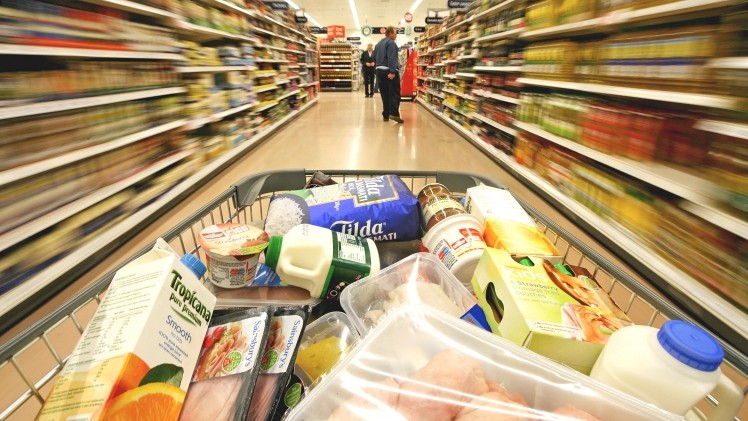New Zealand
Grocers dismiss latest call by academics for nutrition tax as ‘lunacy’

Calling the recommendations published in a recent study into the potential effects of a nutrition tax “lunacy”, New Zealand Food and Grocery Council (NZFGA) chief executive Katherine Rich said the foods targeted by such a tax increase, including bread, cereal, most meats, eggs and milk, would be seen as staples for many New Zealanders.
“By putting a 20% tax on eggs, milk and bread for example, on top of the 15% GST, you're inflating the price of those products by, ultimately, 35%. That would make them the most highly taxed food items in the world,” Rich told Radio New Zealand.
The study by the universities of Auckland and Otago found that Maori and low-income New Zealanders would most likely benefit from putting tax on high-fat and high-salt foods because these groups experience a greater burden of diet-related disease.They are also more responsive to changes in food prices.
The researchers estimated effects of five different tax and subsidy scenarios, said Cliona Ni Mhurchu, who led the study.
“We found that taxes on unhealthy foods and subsidies on healthy foods, and a combination of the two, could prevent or postpone a considerable number of early deaths in New Zealand in the long-term,” Prof. Ni Mhurchu said.
The team tested the effects of taxation on less healthy foods through a computer macro-simulation model based on household food expenditure, price elasticity, population mortality rates, and known links between diet and disease risk factors.
The results showed that a 20% subsidy on fruit and vegetables could prevent or postpone about 560 deaths each year in the future, while a 20% tax on major dietary sources of saturated fat could prevent or postpone 1,500 deaths per year. The same tax on dietary salt would increase this figure by a further 2,000.
In response, the NZFGA questioned the certainty of the modelling technique used by the researchers. “[While it is] compelling in theory, it’s a computer model. The number of lives they claim will be saved by introducing such a tax is just a prediction,” said Rich.
“Over the past two years, the universities of Otago and Auckland have called for new food taxes on salt, fizzy, sugar generally, fat and saturated fat.
“But what’s new in today’s announcement, and buried in the small print, is a 20% extra tax on the staple foods that New Zealand families rely on: bread, breakfast cereals, eggs, cheese, milk, beef and lamb.”
Putting taxes on foods has been proven not to change consumers’ eating or drinking habits unless such taxes are very high, Rich added.
She also suggested that New Zealand’s inelastic demand for important staple foods, when combined with a nutrition tax, would result in higher food costs for all families in the country.
The tax would stand to generate NZ$40m (US$27m) from taxing eggs, NZ$92m from milk, and NZ$90m from bread, according to NZFGA figures.
The researchers have promoted the study widely through media sorties.
“The evidence to date suggests that targeted food pricing policies could be an effective component of a multi-faceted strategy to tackle New Zealand’s high burden of diet-related disease,” said Prof. Ni Mhurchu.
Rich’s response, though, was unequivocal: “I suspect some of their academic theories promoting hiked grocery prices for everyday food necessities will not be well received by the public.
“I would like to see them try to explain to some of New Zealand’s poorest families why they should pay more for their bread, eggs, cheese, mince and milk.”










